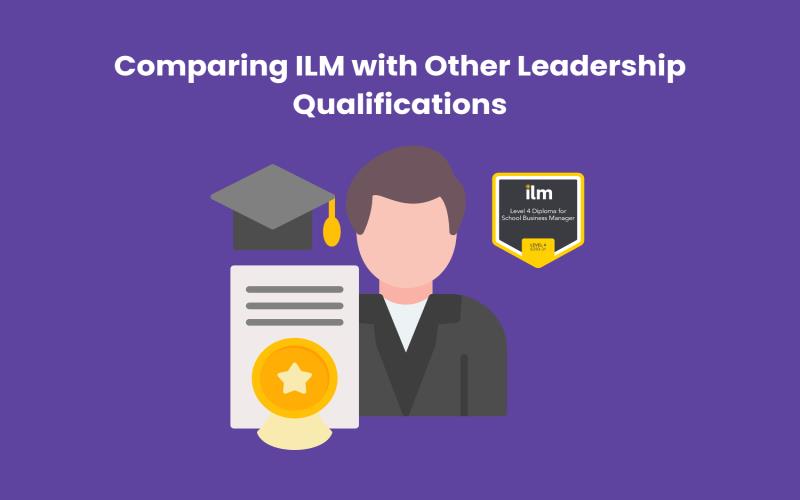In leadership development, professionals often find themselves at a crossroads, faced with a multitude of qualification options. Among the myriad choices, the Institute of Leadership and Management (ILM) Level 5 Courses emerges as a prominent player, offering a unique blend of theoretical knowledge and practical application. This blog delves into the distinctive features of ILM Level 5 Courses, comparing them with other leadership qualifications to provide insight into why they stand out in the competitive landscape. Also, we’ll explore the significance of ILM Qualification.
Table of Contents
- Understanding ILM Level 5 Courses: A Holistic Approach to Leadership Development
- ILM Qualification: Focusing on Practical Application
- Comparative Analysis: ILM Level 5 Courses vs. Other Leadership Qualifications
- The Impact: Empowering Leaders for Success
- Conclusion
Understanding ILM Level 5 Courses: A Holistic Approach to Leadership Development
The ILM Level 5 Courses aim to provide managers and leaders with the abilities they need to meet the demands of today’s workplace. A wide variety of subjects are covered in the curriculum, such as organisational culture, strategic planning, leadership philosophies, and the critical function of emotional intelligence. ILM Level 5 Courses are unique in that they take a comprehensive approach, fusing theoretical ideas with practical applications to guarantee that students are knowledgeable about leadership theory and able to use that knowledge to achieve measurable outcomes in their organisations.
ILM Qualification: Focusing on Practical Application
The focus on practical application in ILM Level 5 courses is one of its distinguishing characteristics. Although many leadership certifications provide theoretical frameworks, ILM goes above and beyond by giving learners access to tools and techniques they can use immediately in their professional jobs. This practical approach is crucial because it closes the knowledge gap between theory and practice, enabling managers and leaders to apply what they’ve learned to real-world situations they deal with daily.
Comparative Analysis: ILM Level 5 Courses vs. Other Leadership Qualifications
Focus on Practical Skills:
- What distinguishes ILM credentials is their practical emphasis. In addition to theoretical understanding, participants also pick up the abilities required for success in leadership positions.
- Graduates of certain programmes may be less equipped to handle the demands of leadership in the industry since they place a greater emphasis on academic knowledge than real-world application.
Flexibility and Customisation:
- Since professionals have different demands, ILM provides flexible course frameworks and customisation options depending on individual and organisational needs.
- Some programmes could have a stricter framework, giving participants less freedom to customise their education.
Recognition and Accreditation:
- ILM is a well-known and approved organisation that offers a quality seal valued across various sectors.
- The degree of certification and recognition varies amongst programmes, which may affect how valuable the qualification is.
Integration of Contemporary Leadership Concepts:
- ILM ensures that participants are exposed to cutting-edge concepts and ideas by staying current on the newest leadership trends.
- Certain programmes could take longer to incorporate new ideas, which might result in participants learning outdated material.
The Impact: Empowering Leaders for Success
The distinctive combination of academic understanding and real-world application found in ILM Level 5 courses equips managers and leaders for success in the dynamic world of leadership. ILM is positioned as a pioneer in leadership credentials because of its focus on practical skills, adaptability, recognition, and integration of modern ideas.
Conclusion
A crucial choice is made when professionals set out on a leadership development path: pursuing a certain certification. ILM Level 5 Courses are distinguished in the competitive field of leadership certifications by their all-encompassing methodology, pragmatic emphasis, adaptability, and dedication to being at the forefront of leadership thought. Selecting excellence in leadership development entails selecting a degree that transfers information and refines the abilities required for successful leadership. Regarding leadership credentials, ILM is a tempting option for anyone looking to advance their leadership skills because of its dedication to enabling managers and leaders—a level that others want to match.

